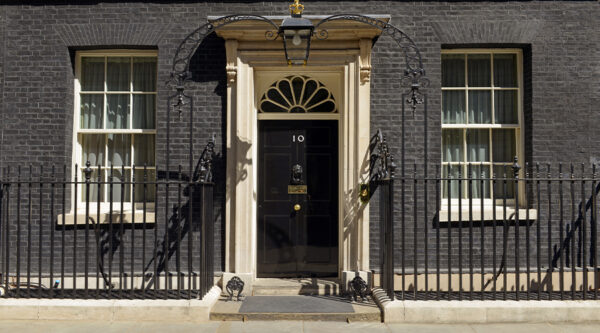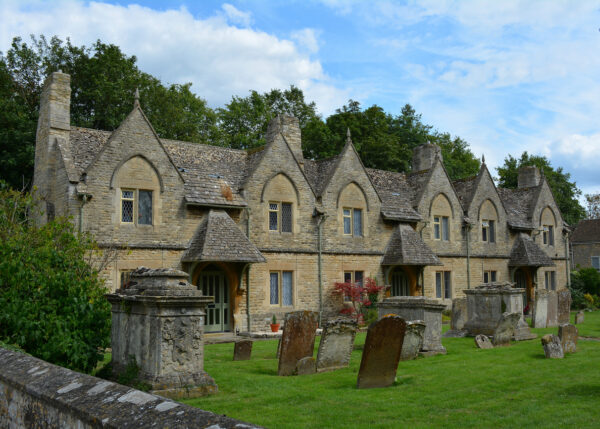
Decision making for charity trustees: what we can learn from The Captain Tom Foundation inquiry
4 August 2025

Charity trustees should be aware that they’re collectively responsible for decision making, especially in circumstances where conflicts of interest arise.
The well-publicised inquiry into The Captain Tom Foundation – a previously well-regarded and high-profile charity during and after the Covid-19 pandemic – serves as an important reminder for trustees of the consequences of poor decision making and unresolved or ignored conflicts of interest.
In November 2024, the Charity Commission (the “Commission”) published its long-awaited report into The Captain Tom Foundation, which found numerous and recurring cases of misconduct and mismanagement by former trustee and CEO, Hannah Ingram-Moore and former trustee, Colin Ingram-Moore.
The Commission ruled that the Ingram-Moores repeatedly and personally benefited from their involvement with the charity, including but not limited to:
- Misleading public communications in relation to publishing deals for books written by the late Captain Tom, implying that donations from sales would be made to the charity
- Hannah Ingram-Moore’s claim that she was not offered a six-figure salary, while written evidence shows that her expectations were for a £150,000 salary package
- Hannah Ingram-Moore’s £18,000 retainer for judging and presenting an award named after Captain Tom, which she committed charity funds for without the non-conflicted trustees’ knowledge or consent
- Using the charity’s name in applying for planning permission for a building constructed on private land owned by the Ingram-Moores, incorrectly implying that the building would be used by the charity.
Hannah and Colin Ingram-Moore were disqualified from serving as charity trustees and holding senior management positions at any charity for 10 and eight years respectively.
Crucially, the report also criticised the charity’s non-conflicted trustees for not having sufficient oversight and control over the administration of the charity. Despite being partially responsible for its mismanagement, the inquiry ruled that their ability to manage conflicts of interest was limited by the Ingram-Moores not informing them of potential conflicts when they arose.
The Commission decided not to take regulatory action against the non-conflicted trustees in this instance – but, as we have seen with the Ingram-Moores, it is more than willing to use its regulatory powers to disqualify charity trustees in breach of their duties from holding office in the future.
Updated Charity Commission guidance on trustee decision making
The Captain Tom Foundation report highlights the importance of trustees making decisions as a collective and being aware of and abiding by their decision-making duties and responsibilities.
The Commission published its updated CC27 guidance in September last year, after finding that only 26% of trustees used its previous guidance over other sources.
Research revealed that trustees who didn’t use the previous resources were put off by the length and style of the guidance; but those who did demonstrated a more accurate understanding of their responsibilities.
The updated guidance, which is about half the size of its predecessor, retains the seven principles that charity trustees must abide by:
- Act within their powers
- Act in good faith
- Be sufficiently informed
- Consider all relevant factors
- Identify and disregard any irrelevant factors
- Manage conflicts of interest
- Ensure their decision is within the range of decisions that a reasonable trustee body could make
The guidance also covers advice on areas in which the Commission often sees charities fall short, particularly the need to make trustee decisions ‘collectively’ and how trustee decisions should be recorded.
We recommend that you review the revised guidance, which takes approximately 12 minutes to read, here.










